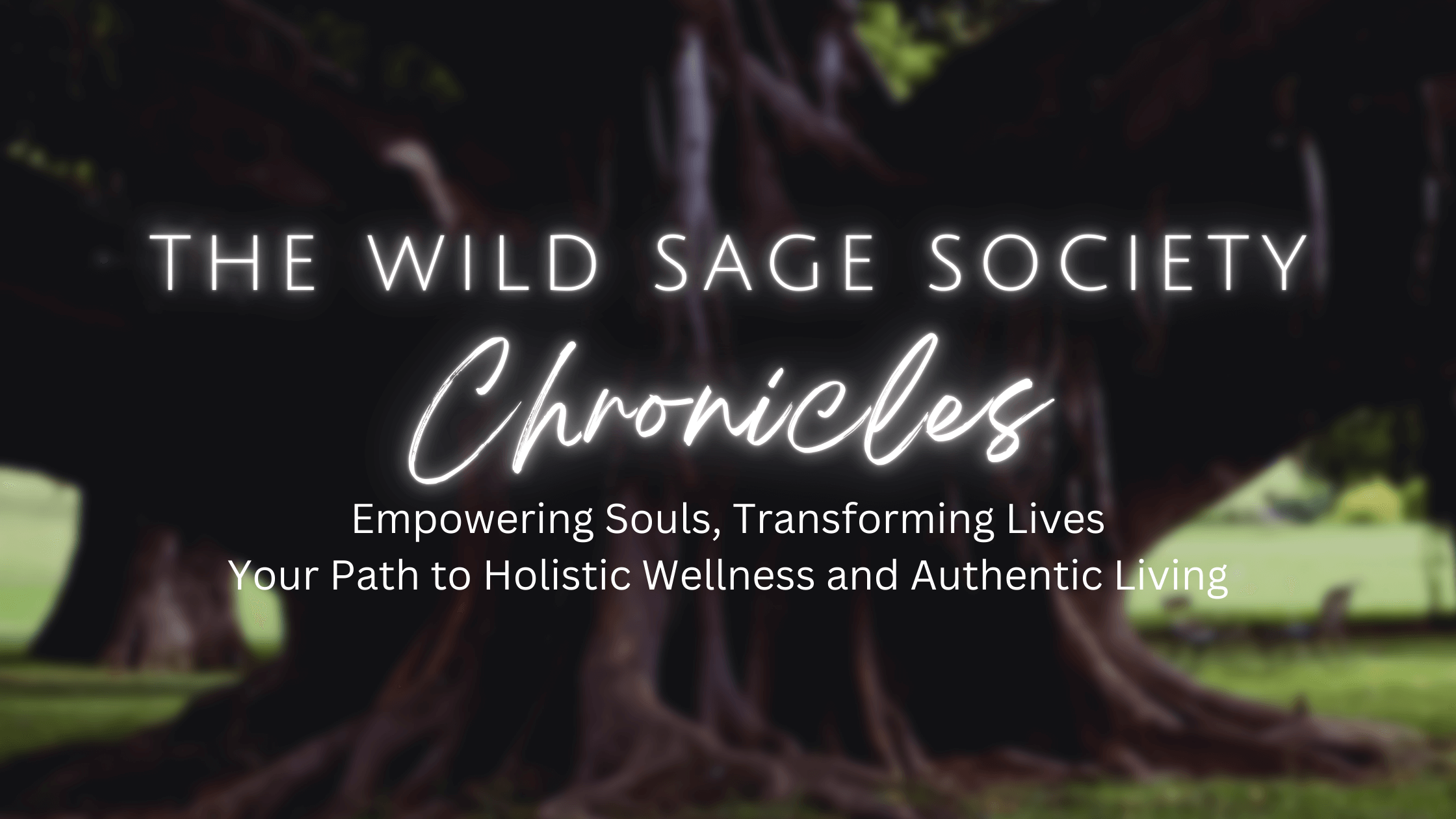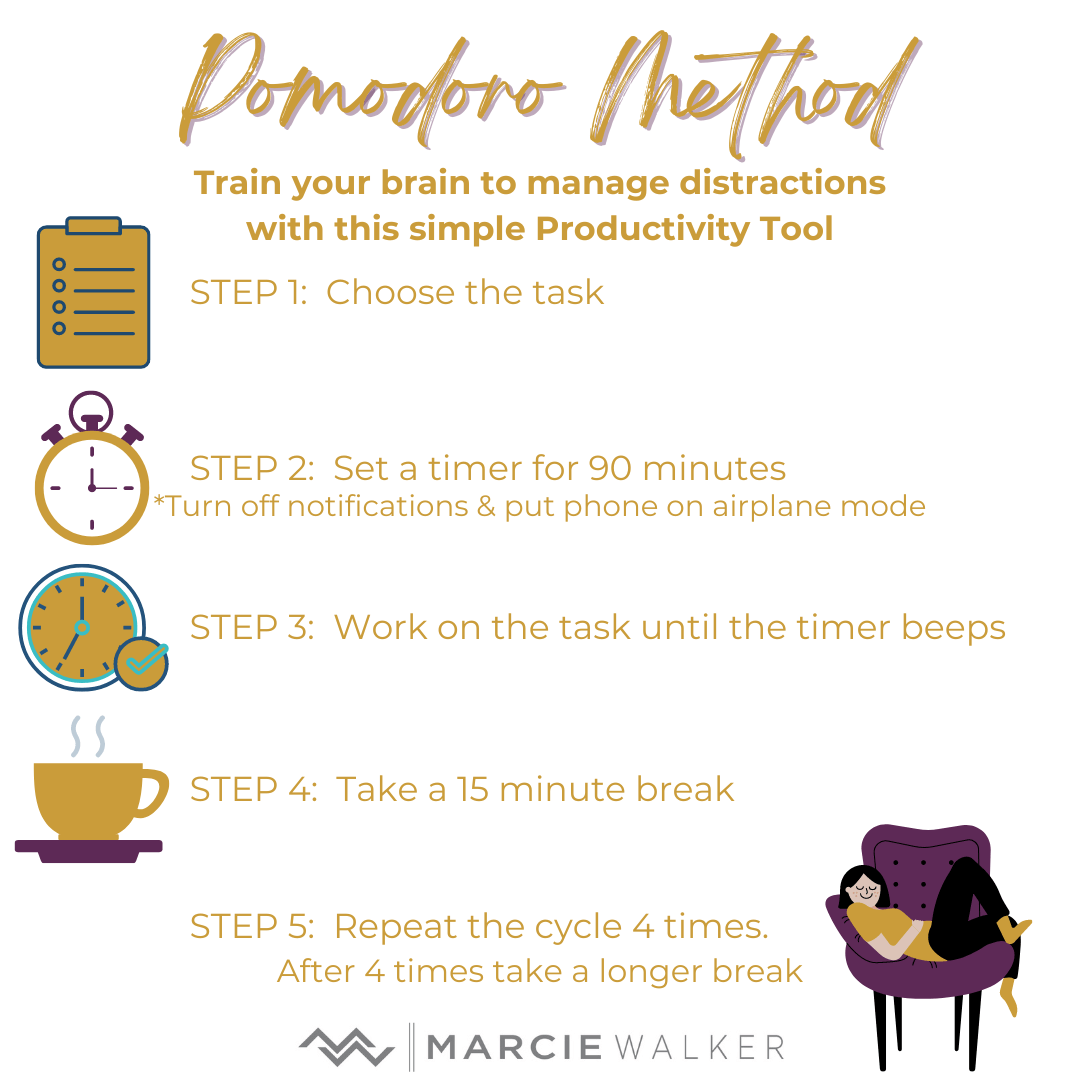
The glittering lights and festive feasts of the holiday season have faded, leaving behind a sobering reality: the financial strain on your pocketbook and the physical toll on your body. As the calendar turns to January, many of us feel the weight of overindulgence—in spending, eating, and emotional energy. While the holidays are marketed as a time of joy and connection, they often leave us feeling drained, overwhelmed, and unbalanced.
The good news? January offers a fresh start. It’s an opportunity to assess the toll of the past few weeks and set a course for a more grounded, intentional, and harmonious year ahead. Let’s explore how the pressures of the holiday season impact our financial, physical, and emotional well-being and uncover strategies to restore balance.
The Financial Hangover
The holiday spirit often comes with a hefty price tag. According to recent statistics, the average American spends over $1,000 on holiday gifts, travel, and festivities. For many, this spending is funded by credit cards, creating a debt hangover that lingers long after the decorations are put away.
But the financial strain isn’t just about numbers. It’s about the emotional weight of unmet expectations, comparison, and the societal pressure to give and do more. These stressors can lead to anxiety, sleepless nights, and a sense of failure when bills come due in January.
The Physical Toll
Overeating during the holidays isn’t just about indulgence; it’s often a response to stress, loneliness, or the discomfort of navigating family dynamics. Holiday foods, typically rich in sugar, fat, and salt, can leave your body feeling sluggish, bloated, and out of balance. Emotional eating compounds these effects, creating a cycle of guilt and dissatisfaction that can persist into the new year.
The Emotional Cost
For highly sensitive and empathetic individuals, the holidays often amplify emotional triggers. Family gatherings can surface old wounds, financial stress can create tension, and the push for perfection can lead to burnout. By January, you might feel emotionally spent, yearning for a sense of peace and alignment.
Reclaiming Balance in January
The key to overcoming the post-holiday hangover lies in cultivating balance. Here are practical steps to help you reset and reclaim harmony:
- Take Stock of Your Finances
- Review your holiday spending without judgment. Awareness is the first step toward improvement.
- Create a simple budget for January, prioritizing essentials and setting aside a small amount for savings.
- Consider a no-spend challenge or focus on free activities to help recalibrate your financial habits.
- Nourish Your Body
- Shift from holiday indulgences to nutrient-dense foods that support your energy and digestion.
- Incorporate movement into your daily routine, whether it’s yoga, walking, or a dance break in your living room.
- Stay hydrated and prioritize restorative sleep to help your body recover.
- Reconnect with Your Emotional Center
- Practice mindfulness through journaling, meditation, or breathwork to process lingering holiday emotions.
- Set boundaries around your time and energy, saying “no” to obligations that don’t serve you.
- Focus on gratitude for what the holidays brought—even if it’s lessons or growth opportunities—rather than what they lacked.
- Plan for a More Intentional Year
- Reflect on what worked and what didn’t during the holidays. Use these insights to plan a more aligned approach for next year.
- Set one or two realistic goals for the new year that focus on holistic well-being rather than perfection.
- Anchor your goals in meaningful practices, like a daily intention or a weekly check-in with yourself.
The post-holiday season doesn’t have to feel like a crash landing. With awareness and intentional action, you can transform the financial, physical, and emotional chaos into an opportunity for growth and renewal. By prioritizing balance, you set the foundation for a year that aligns with your values and nourishes your body, mind, and spirit.
This January, give yourself the greatest gift of all: permission to slow down, reassess, and move forward with clarity and purpose. The holidays may have taken a toll, but they also offer a powerful reminder of what truly matters. Use that wisdom to craft a year that feels as good on the inside as it looks on the outside.

As we close this transformative year, I reflect deeply on the parallels between my journey with money and my emotional healing. Rewinding the tapes of my life, I see pivotal moments where unresolved beliefs about abundance held me hostage. These moments became the seeds of self-doubt, where shame whispered that I wasn’t good enough.
Christmases of my past come to mind—when both of my parents used grand gestures to mask their own struggles. Looking back, I see how those moments planted subconscious money mindset beliefs about material wealth being a tool for validation and love. As I’ve untangled these abundance blocks, I’ve learned to see the credit card debt and emotional spending of my past not as failures but as calls for help from a younger version of myself yearning for peace of mind.
This past Thanksgiving, I traveled to Bozeman, Montana, to spend the holiday week with the Walker side of the family. It was an experience I deeply cherished but also one that brought unfiltered truths to the surface. Watching my cousins with their families—their kids running in and out of homes situated on 200 acres, their well-built houses, their seemingly successful and lucrative careers—stirred a storm within me. My observations of their lives turned into comparisons, and comparison mindset became my suffering. I measured my self-worth against theirs, believing for a moment that my lack of material abundance or a conventional life path meant I had failed.
Comparison mindset is a killer. It robs us of gratitude, fuels our insecurities, and suffocates our souls. Measuring our self-worth monetarily or materially is soul death. In those raw, painful moments, I felt the truth of that lesson deeply. I realized that my worth isn’t defined by bank accounts or property. My Empire—my operating system—is built on purpose, morals, goals, and values. It’s a self-governance that ensures everything in my life aligns with my highest calling, from the way I show up for my son to how I contribute to my clients' holistic transformation.
As Deepak Chopra beautifully stated in The Spiritual Laws of Success:
"Success in life could be defined as the continued expansion of happiness and the progressive realization of worthy goals. Success is the ability to fulfill your desires with effortless ease."
He reminds us that material wealth is just one component of success. True abundance includes health, enthusiasm for life, meaningful relationships, creative freedom, emotional stability, and peace of mind. It’s a journey, not a destination, and I’m learning to honor the unique path I walk.
As I prepare for 2025, I invite you to reflect on the stories you’ve told yourself about money, worth, and success. How often have you compared your life to others, only to feel diminished? What would happen if you rewrote your narrative? Let’s step into this New Year with compassion for our past decisions and the courage to embrace a new paradigm—one rooted in abundance, alignment, and self-love.

Our minds are powerful storytellers, often crafting narratives that shape our reality. Unfortunately, these stories can sometimes reinforce self-limiting beliefs, holding us back from achieving our true potential. Understanding how these mental narratives form and how to rewrite them is essential for personal growth and transformation.
The Formation of Self-Limiting Beliefs
Self-limiting beliefs are deeply ingrained perceptions that we hold about ourselves. They often stem from past experiences, societal conditioning, and repeated patterns of thought. When we encounter situations that challenge our self-image, our minds tend to create stories that align with these limiting beliefs, further embedding them into our psyche.
For example, if someone experienced failure in a particular area, their mind might construct a narrative that they are not capable of succeeding in that area, regardless of their actual abilities. This story becomes a self-fulfilling prophecy, limiting their actions and reinforcing the belief.
The Role of Cognitive Biases
Cognitive biases play a significant role in the creation of these mental stories. Confirmation bias, for instance, leads us to seek out information that supports our existing beliefs while ignoring evidence to the contrary. This bias strengthens the narratives we tell ourselves, making it difficult to break free from self-limiting beliefs.
Strategies to Rewrite Your Mental Stories
- Awareness: The first step in changing these narratives is becoming aware of them. Reflect on the stories you tell yourself and identify the self-limiting beliefs they reinforce.
- Challenge Your Beliefs: Actively question and challenge your self-limiting beliefs. Seek evidence that contradicts them and consider alternative explanations for past experiences.
- Positive Affirmations: Replace negative narratives with positive affirmations. Repeating empowering statements can help rewire your brain to support a more positive self-image.
- Visualization: Imagine yourself succeeding and achieving your goals. Visualization can create new mental pathways that support more positive beliefs.
- Seek Support: Engaging with a coach or therapist can provide guidance and support in identifying and rewriting self-limiting narratives.
The stories we tell ourselves have a profound impact on our lives. By understanding how these narratives form and actively working to rewrite them, we can overcome self-limiting beliefs and unlock our full potential. Embrace the power of your mind and create stories that propel you toward growth and success.
Join us on July 17, 2024, for the "Is It Time to Change Your Story?" workshop, led by Alexis Nelson. This session will help you identify and rewrite self-limiting narratives, empowering you to foster positive life changes.

Pelvic floor health is essential, particularly for busy women facing hormonal changes and increased stress. These factors can significantly impact the pelvic floor, leading to issues like urinary incontinence, pelvic pain, and digestive problems.
The Importance of Pelvic Floor Health
The pelvic floor is a group of muscles supporting the bladder, uterus, and rectum. These muscles are crucial for bladder control, postpartum recovery, sexual health, and core stability. During perimenopause, hormonal fluctuations can weaken these muscles, while stress can exacerbate problems by causing muscle tightness and discomfort.
Strategies for Maintaining Pelvic Floor Health
- Exercise: Regularly perform Kegel exercises to strengthen pelvic floor muscles. This involves contracting and relaxing these muscles to improve tone and support.
- Stress Management: Practicing mindfulness, meditation, and deep breathing can help reduce stress levels, mitigating its impact on pelvic health.
- Healthy Diet: A balanced diet supports overall health, helping maintain a healthy weight and reducing pressure on the pelvic floor muscles.
- Proper Posture: Good posture and body mechanics prevent unnecessary strain on the pelvic floor. Use your legs to lift heavy objects, not your back, to avoid added stress on these muscles.
Understanding the Effects of Stress
Stress can significantly impact pelvic floor health by causing muscle tension and chronic discomfort. High stress levels can also lead to digestive issues, which place additional pressure on the pelvic floor. Managing stress through relaxation techniques is vital to maintaining pelvic health.
Educational Resources and Support
Investing time in understanding and caring for your pelvic floor can lead to significant improvements in your overall well-being. By incorporating these strategies into your daily routine, you can enhance your health and quality of life during perimenopause and beyond.
Upcoming Workshop: Pelvic Floor Basics
To further explore this topic, join us on July 10, 2024, for our workshop, Pelvic Floor: The Basics, led by Dr. Kelley Urionaguena. This session will cover:
- Pelvic Floor Anatomy: Understanding the structure and function of your pelvic floor.
- Exercise Techniques: Learning effective exercises to strengthen and relax these muscles.
- Stress Management: Exploring strategies to manage stress and its impact on pelvic health.
Date: July 10, 2024
Location: Sage & Sol Wellness
Fee: $30
Max Participants: 10
Registration: Click Here
Location: Sage & Sol Wellness
Fee: $30
Max Participants: 10
Registration: Click Here
Join us and take the first step towards a stronger, healthier you.

Perimenopause can be a challenging phase, especially for women juggling the demands of running a business or managing a team. The cognitive changes often experienced during this period, such as brain fog, memory lapses, and difficulty concentrating, can impact productivity and decision-making. At Marcie Walker LLC and The Wild Sage Society, we offer practical brain hacks to help you navigate these challenges effectively.
Understanding the Brain Chemicals
Before diving into the hacks, it’s essential to understand the key brain chemicals involved:
- Dopamine: Boosts motivation, learning, and pleasure. It drives you to accomplish your goals.
- Oxytocin: Known as the "Love Hormone," it fosters trust and motivates you to build and maintain relationships.
- Serotonin: Promotes feelings of significance and acceptance, leading to a sense of calm and well-being.
- Endorphins: Provide temporary euphoria to mask pain and alleviate anxiety and depression.
Brain Hacks to Enhance Productivity
- Binaural Beats and Baroque Music: These can stimulate brain activity and improve focus.
- 20-Minute Naps: Short naps can recharge your brain and enhance cognitive function.
- Meditation and Breathing Exercises: These practices reduce stress and improve mental clarity.
- Healthy Diet: Consuming nutrient-dense foods supports brain health.
- Physical Activity: Engaging in play, dance classes, or any form of exercise boosts endorphins.
- Novelty Tasks: Activities like brushing your teeth with your non-dominant hand can stimulate new neural pathways.
The Pomodoro Technique
This productivity tool is especially useful for managing distractions and maintaining focus:

Join Us for Women’s Wellness Wednesdays!
On June 26, 2024, join us for our session on Perimenopause Brain Hacks for Solopreneurs, Entrepreneurs, and Executives. Led by Marcie Walker, this workshop will provide you with practical strategies to manage the cognitive challenges of perimenopause while running your business. Learn how to stay sharp, focused, and productive during this phase.
Reserve your spot now and empower yourself with the tools and knowledge to thrive in both your personal and professional life.
By integrating these brain hacks into your daily routine, you can mitigate the cognitive challenges of perimenopause and continue to excel as a solopreneur, entrepreneur, or executive. Embrace these strategies and unlock your full potential.





